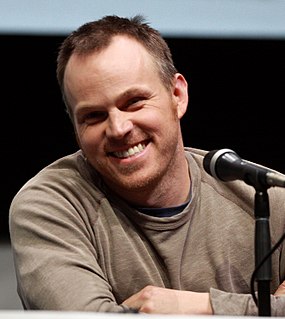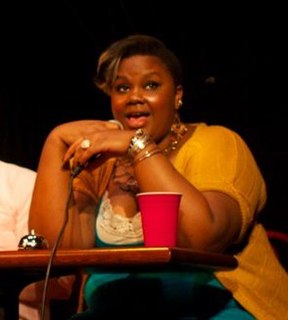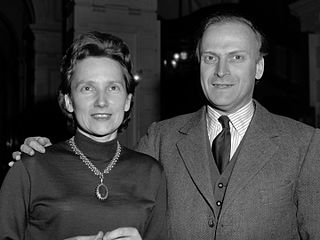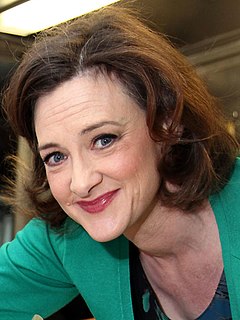A Quote by John Guare
People rewrite the play so much to make it palatable to the audience, to make something clear, that they just deaden it. Like it was left it in the oven too long.
Related Quotes
I like being able to play make believe as my job. I think I played make-believe growing up a little too long - probably to an inappropriate age. I played make-believe until I was, like, 13 and probably should have been doing something else. But other than that, it's fun to be able to have to learn about different people.
I just start with a pencil and paper. I don't want something too trendy, too fashion-forward. I don't want to make something I consider a regular person couldn't wear with blue jeans. But I don't want to make something that other people make, either - like a skinny black suit in a shiny material that you can buy anywhere.
I think that if you make something that's relatable then people will attach themselves to it. You can express it in a lot of different ways but I feel like as long as you are consistent and fair with the audience they'll engage irrespective of how they self-identify. I think it just gets too complicated to track all those differences between demographics.
I think it's one of the nicest privileges as an actor is to know that you can move people in one moment, make them think about their lives, or make them laugh or make them cry or make them understand something. Or just make them feel something because I think so many of us, including myself, spend too much time not feeling enough, you know?
I never like to play for myself, and that is why I don't own a grand piano. To play for yourself is like looking at yourself in a mirror. I like to practice; that is to work at a task. But to play there must be an audience. New things happen when you play for an audience. You don't know what will occur. You make discoveries with the music, and it is always the first time. It is an exchange, a communion.
We're charlatans in a way, we're magic people. Part of the behind the scenes stuff is to loosen you up, to make you feel that you are experiencing this. This is my style, I did it in Looking for Richard, too. And I figure, if I can weave it into the actual play and get the audience interested, like the robes going up and down, they'll pay attention long enough to consume it.





































